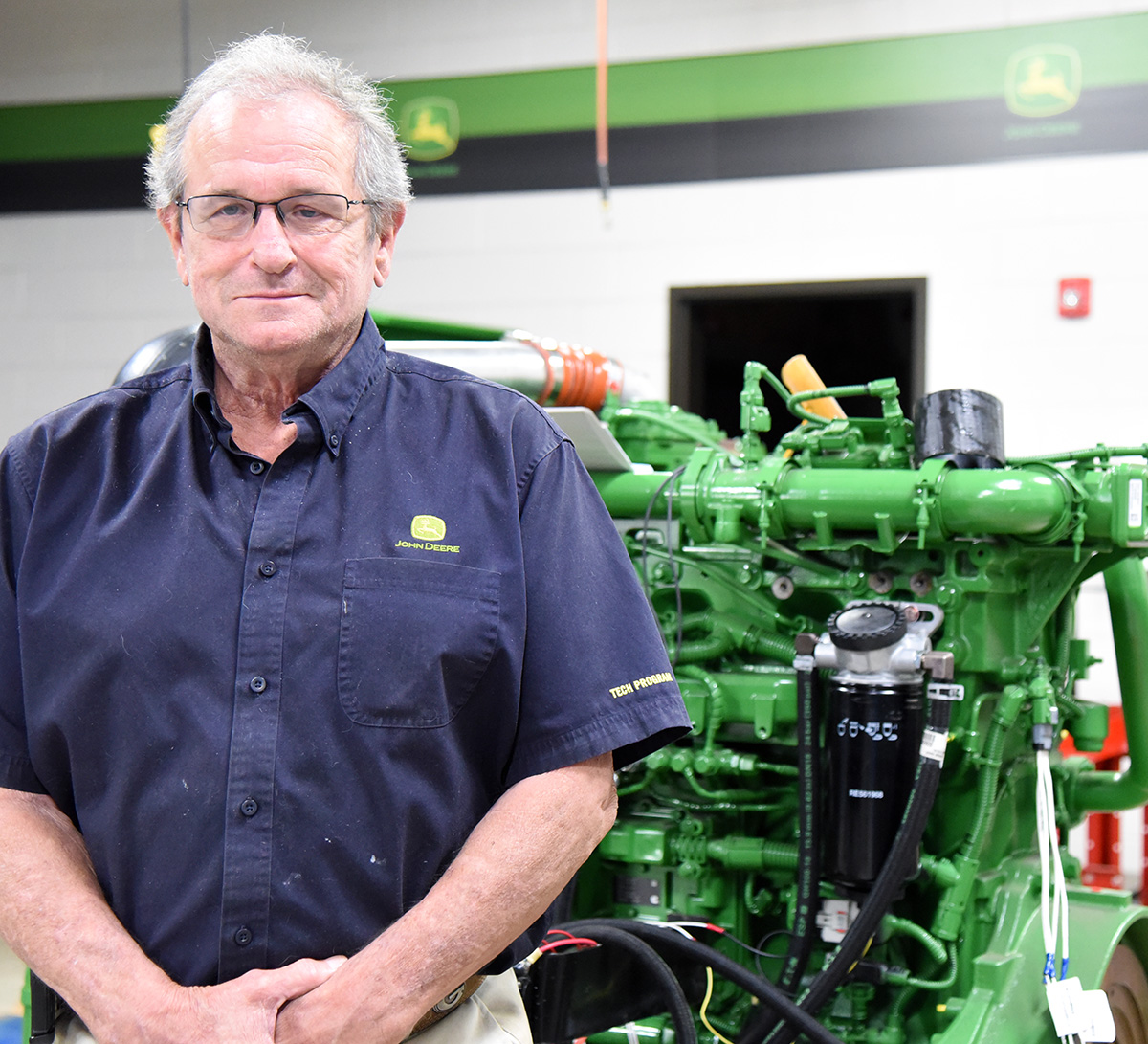Blue Bird officials visit SGTC to explore partnership opportunities
Published 11:50 am Thursday, December 29, 2016
From STAFF REPORTS
AMERICUS – Officials from the Blue Bird Corporation in Fort Valley toured South Georgia Technical College (SGTC) recently to discuss plans for a new partnership as well as co-op opportunities for SGTC students and graduates from several different academic program areas.
Blue Bird and SGTC originally inked a co-op partnership in 2006 for students in its auto collision and repair program. Many of the students from that original co-op agreement are still employed with Blue Bird Corporation.
“Blue Bird has added significant capacity over the past two years,” said Felix Lin, director, Recruiting and Training for Blue Bird Corporation. “Blue Bird is the leading school bus manufacturer in North America and it has a very rich history. We are interested in exploring the possibility of renewing our co-op with the Auto Collision and Repair program as well as expanding this partnership to other academic programs offered by South Georgia Technical College.”
Lin, as well as Blue Bird’s Mark Mattingly, director of School Bus Assembly; Rebecca Ashford, director of Human Resources; Key Buckner, senior production supervisor; Andy Robinson, firector of Chassis Assemblies; and Michael Strickland, production supervisor; visited the SGTC campus and met with SGTC officials including Don Smith, assistant to the president; Su Ann Bird, vice president of Institutional Advancement; David Finley and Raymond Holt, Academic deans; Cynthia Carter, director of Career Services; and Starlyn Sampson, auto collision and repair instructor.
“We are very excited about exploring new partnership opportunities with Blue Bird,” said SGTC President, John Watford, Ed.D. “Blue Bird is a manufacturing leader in its field and we value the services that they provide as well as the employment opportunities that they can generate for our graduates.
“Co-ops provide important hands-on opportunities for students and can lead to full-time employment for our graduates. This is the optimal way for students to gain on-the-job experience and earn while they learn,” added Watford.
As part of the past co-op, students were able to attend classes and work for the company simultaneously. Students earned school credit for the work they performed while in the co-op program.
Interested students had to meet certain qualifications and be recommended by the instructor in the student’s program of study. The work experience provided by the co-op program was directly related to the student’s academic program and career goals.
After the student had satisfactorily completed their program of study, co-op participants had the opportunity to non-competitively be converted to career-conditional appointments within the company.





